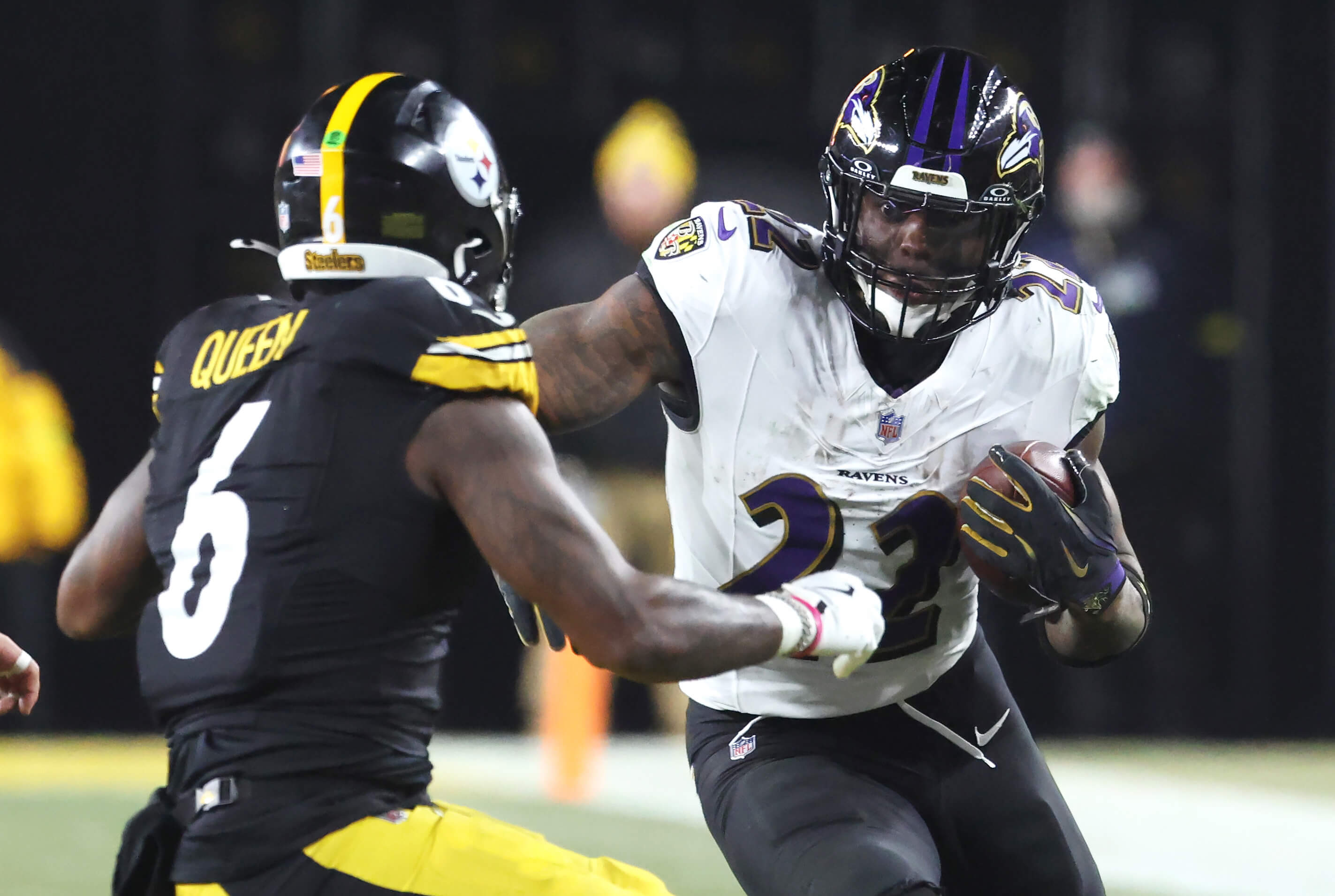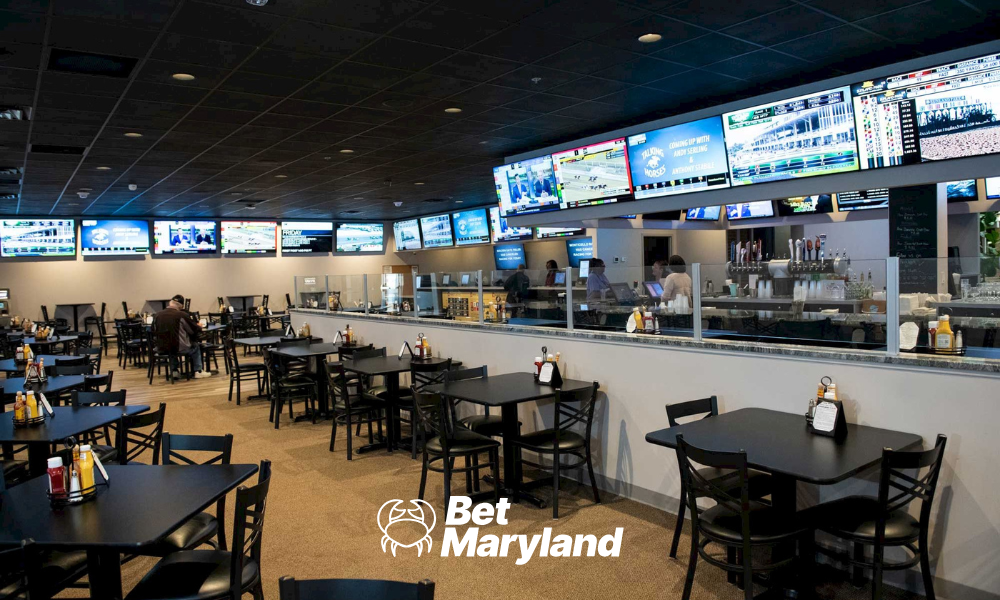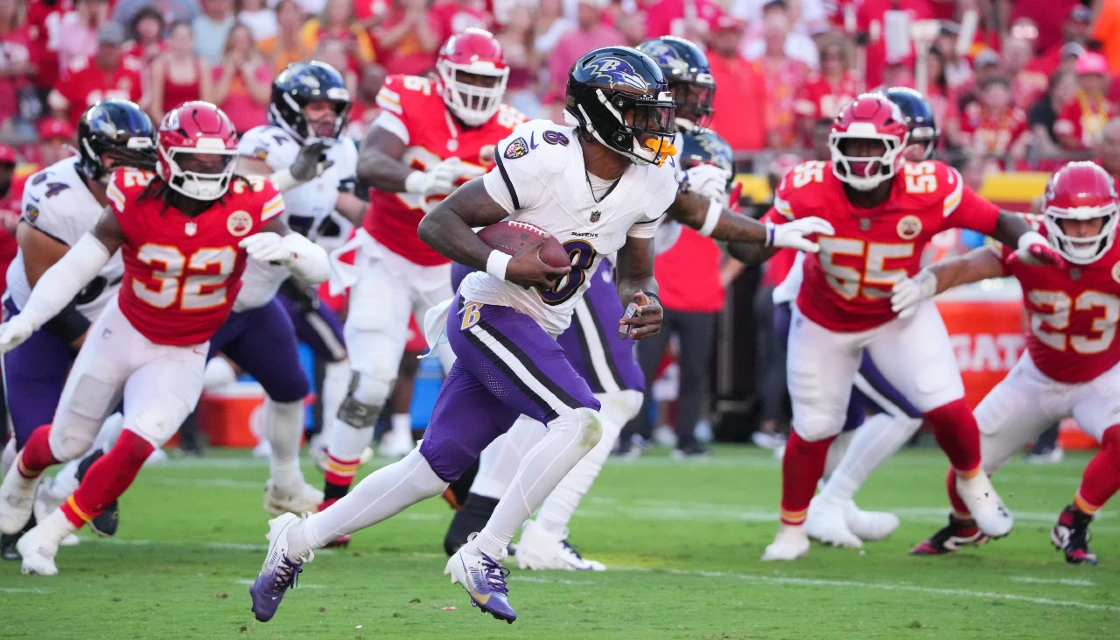Two Maryland state senators have introduced legislation that would open the door for iGaming in the state, but it wouldn’t happen very soon.
The legislation (Senate Bill 267) was introduced on Wednesday by state Sen. Nancy King, the majority leader, and state Sen. Ronald Watson, both Democrats. The proposal would provide for a statewide referendum on iGaming in November 2024. That means that iGaming wouldn’t be running in Maryland until sometime in 2025.
As a frame of reference, a barebones Maryland sports gambling bill was approved by the state’s voters in a referendum in November 2020.
Maryland Sports Betting Was Slow to Launch
But the actual sports wagering law wasn’t passed in the General Assembly and signed by then-Gov. Larry Hogan until May 2021.
Retail sports gambling started in December 2021, and mobile sports gambling at Maryland sportsbook apps just launched in November 2022.
The current bill, which just got its first reading in the state senate Budget & Taxation Committee, carries ballot language similar to the stripped-down question voters were asked about sports gambling.
The new iGaming bill (SB267) simply asks: “Do you favor the expansion of commercial gaming in the State of Maryland to authorize Internet gaming for the primary purpose of raising revenue for education?”
No Details in Maryland Online Casino Bill
Like the sports wagering ballot question in 2020, there are no details attached to the proposed 2024 ballot question regarding Maryland online casinos, such as what games would be included in the expansion.
Only a handful of states currently have iGaming, also called iCasino. Those states have typically offered online slots, online table games and, usually, internet poker.
The proposed legislation in The Old Line State also would authorize the governor, on recommendation of the Maryland Lottery & Gaming Control Commission, to enter into certain multi-jurisdictional internet gaming agreements with other governments.
Generally speaking, agreements (also called compacts) with other states are necessary for gamblers in multiple states to interact with each other. This mostly comes into play for online poker games and tournaments.
States that have legalized iGaming are New Jersey, Pennsylvania, Michigan, Delaware, West Virginia and Connecticut. Nevada has internet poker but not online slots and table games.
Some of those states have signed a compact that basically allows for inter-state poker, though not all have active poker sites.
Education Trust Fund Would Benefit
The Maryland bill would establish a tax rate of 15% on operators and an initial license fee of $500,000 for five years. Renewal fees would be tied to the licensee’s average annual proceeds. As is the case with much of the tax money raised through gambling in Maryland, tax proceeds would go to the Education Trust Fund.
Maryland casino revenue exceeded $2 billion in 2022, with money derived from video lottery terminals and table games at six brick-and-mortar casinos.
The majority of the gaming contribution to the state is earmarked for the Education Trust Fund – for instance, in December, the fund got more than $50 million from statewide casino gaming revenue.
Five of the six casinos also offer online wagers on sports as of November, as do a few other outlets. These online sites offer Maryland sportsbook promo codes to customers.
Some states that have adopted iGaming have seen substantial operator revenues and tax collections from internet casino play. One advantage for states offering online slots, table games and so forth is that those revenues are less volatile and subject to seasonal shifts than sports betting, which has handle (and revenue) that fluctuates greatly depending on which sports or events are going on in a particular month.









